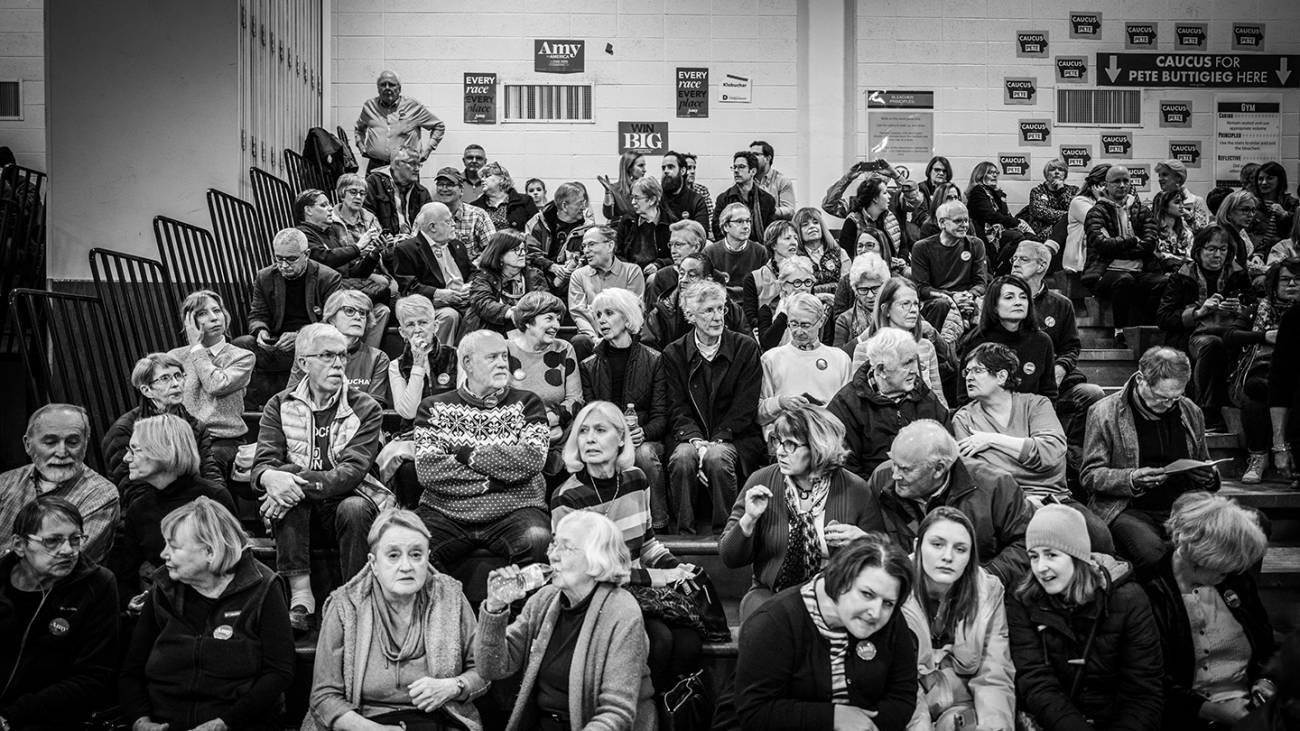Steve R.
Retired
- Local time
- Today, 08:02
- Joined
- Jul 5, 2006
- Messages
- 5,787
Grumble. 
The US Supreme Court recently upheld Arizona's voting laws. Kagan wrote a 41 page diatribe condemning the decision. So I thought to take a look at what she had to say. Turns out that none of the news sources bothered to mention the actual name of of the lawsuit (BRNOVICH v. DEMOCRATIC NATIONAL COMMITTEE) or provide a link to the Court's published opinion so that you could read it. I eventually located it.
For purposes of future sleuthing, the listings of the US Supreme Court opinions for the "term year 2020" can be found here.
BRNOVICH, ATTORNEY GENERAL OF ARIZONA, ETAL. v. DEMOCRATIC NATIONAL COMMITTEE ETAL. PDF
I have not yet read the dissent, but I am in agreement with the Court's decision. I find the Democratic Party's contention (below) to be patently absurd. It appears to be another lame attempt to use the subjective concept "disparate impact" to sidestep making a decision based on the US Constitution. (The US Constitution is the legal foundation, "legislative intent", while it can add clarity "legislative intent" is not a basis to determine that a law is consistent with the US Constitution since some "legislative intent" has also been found to be unconstitutional.) Every law, in one form or another has an unfortunate "disparate impact" in some form that is highly subjective. It also sidesteps the issue that the voter has a responsibility to make sure that they are properly registered and vote at the correct location. Seems that the three dissenting judges (Kagan, Breyer, and Sotomayor) drank the "woke" kool-aid.
"The Democratic National Committee and certain affiliates filed suit, alleging that both the State’s refusal to count ballots cast in the wrong precinct and its ballot-collection restriction had an adverse and disparate effect on the State’s American Indian, Hispanic, and African-American citizens in violation of §2 of the VRA. Additionally, they alleged that the ballot-collection restriction was “enacted with discriminator intent” and thus violated both §2 of the VRA and the Fifteenth Amendment."

 thehill.com
thehill.com
The US Supreme Court recently upheld Arizona's voting laws. Kagan wrote a 41 page diatribe condemning the decision. So I thought to take a look at what she had to say. Turns out that none of the news sources bothered to mention the actual name of of the lawsuit (BRNOVICH v. DEMOCRATIC NATIONAL COMMITTEE) or provide a link to the Court's published opinion so that you could read it. I eventually located it.
For purposes of future sleuthing, the listings of the US Supreme Court opinions for the "term year 2020" can be found here.
BRNOVICH, ATTORNEY GENERAL OF ARIZONA, ETAL. v. DEMOCRATIC NATIONAL COMMITTEE ETAL. PDF
I have not yet read the dissent, but I am in agreement with the Court's decision. I find the Democratic Party's contention (below) to be patently absurd. It appears to be another lame attempt to use the subjective concept "disparate impact" to sidestep making a decision based on the US Constitution. (The US Constitution is the legal foundation, "legislative intent", while it can add clarity "legislative intent" is not a basis to determine that a law is consistent with the US Constitution since some "legislative intent" has also been found to be unconstitutional.) Every law, in one form or another has an unfortunate "disparate impact" in some form that is highly subjective. It also sidesteps the issue that the voter has a responsibility to make sure that they are properly registered and vote at the correct location. Seems that the three dissenting judges (Kagan, Breyer, and Sotomayor) drank the "woke" kool-aid.
"The Democratic National Committee and certain affiliates filed suit, alleging that both the State’s refusal to count ballots cast in the wrong precinct and its ballot-collection restriction had an adverse and disparate effect on the State’s American Indian, Hispanic, and African-American citizens in violation of §2 of the VRA. Additionally, they alleged that the ballot-collection restriction was “enacted with discriminator intent” and thus violated both §2 of the VRA and the Fifteenth Amendment."

Kagan rips colleagues in blistering 41-page voting rights dissent
Justice Elena Kagan ripped her conservative colleagues on the Supreme Court on Thursday in a blistering 41-page dissent, accusing them of ignoring the legislative intent of the 1965 Voting Rights Act as well as the high court’s own prec
Last edited:

